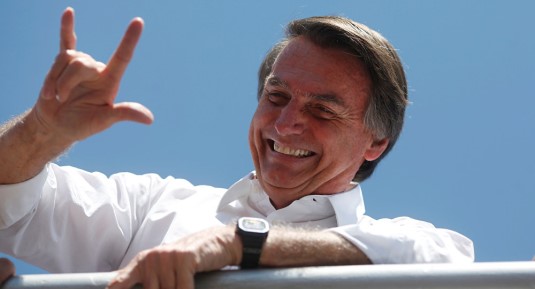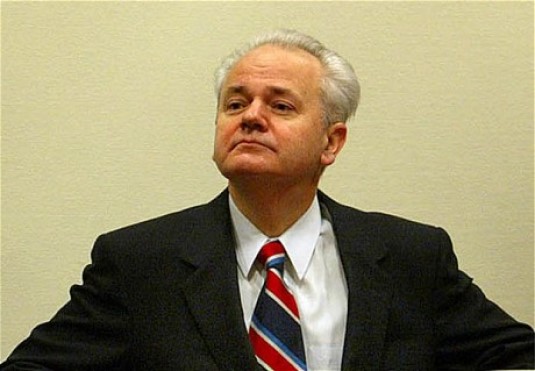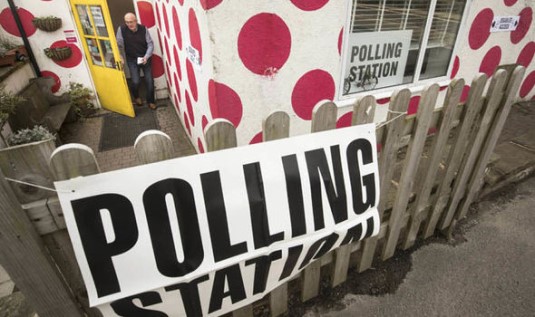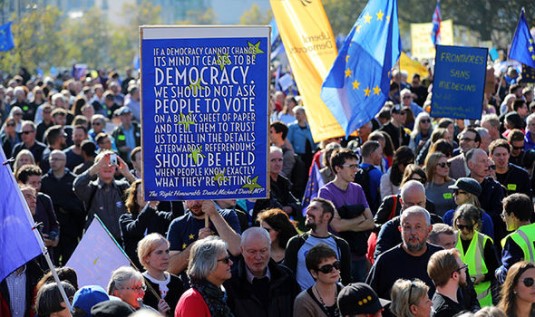
The first conceptual distinction of import is, not at all surprisingly, that between tangible and intangible investments. The first of these relates, well, to their intangibility. The value of physical, tangible investments are easy to determine. You can see them, operate them, they take up space, require the application of labour, and depreciate. Measuring the value of branding or an internal operating system? Not so much. The second issue is intangible investment represents a sunk cost and cannot be sold on as they tend to be highly specific to that company. For example, when Infogrames purchased Atari's branding, arguably the image and legacy of the original company did not transfer over with them. It's a sign, an empty signifier, a bauble. Furthermore, investments in intangibles are messy and spillover the confines of ownership - selling on is difficult, but copying and modifying is easy. They cannot be contained and have a tendency of reaching escape velocity very quickly. They can, however, lend themselves to rapid scalability and easily outsourced. For instance, the coding for Red Dead Redemption 2 is infinitely replicable and has been transmitted for pressing at manufacturers around the globe. No more Nintendo manufacturing the cartridges centrally and exporting them from Japan. Lastly, intangibility means flexibility. That is their ability to combine with other intangibles in synergies that make possible new opportunities for value generation. See, for instance, how Facebook replicates and buys out other social media technologies to effectively create a cluster of intangibles under its ownership that, effectively, ensure one need never venture off the platform.
Haskel and Westlake also note intangible investment is increasing at a rate that will soon outstrip capital tied up in tangibles. Of the richest economies, by their reckoning the Rubicon has been crossed by Finland, Sweden, the US and UK. There are three reasons why. While labour intensive industries are more expensive over time than manufacturing (after all, the production of intangibles requires the application of bodies and brains), in its early period start up costs tend to be low. Offsetting the tendency for costs to rise are the potential for productivity gains, gains possible piggy-backing off existing (and often state-provided) infrastructure allowing for huge returns. Third, intangibles are increasingly baked into investment in manufacturing and has been from the first introduction of robotics into factories.
The authors recognise intangibles represent quite a challenge to mainstream economics - infinitely reproducible and scalable, the tendency to generate value in unforeseen combinations with others, a good that can neither be contained nor a use value that isn't used up when it is consumed, all are difficulties for economies (and economic theories) in which distribution presupposes scarcity and entropy. Therefore an economy switching over to intangibles should behave differently. One consequence, as outlined by Paul Mason, is an attempt by intangible-rich companies to capture as many spin offs from their investments as possible - see Facebook, above. Therefore the optimal market isn't one in which different competitors are disciplined by other actors contesting for the loyalties of the same groups of consumers, but the classic monopoly model on which one giant company squats above a market. Another is the tendency to synergy. As intangibles, especially knowledges, tend to increase in value in conjunction with others, these industries like to be in close proximity to one another. This way an intangible ecosystem can grow up as different workers meet in similar settings and collaborative partnerships spontaneously emerge, raising the possibility of new products and new value. However, there's no knowing in advance what will fly and what will fall flat - only practice can determine that, making forecasting especially difficult and with it, planning. Who, for instance, 20 years ago could envisage the contemporary social media ecosystem?
There are consequences for the existing economy too. While sceptical of the view that robots are going to make millions of people redundant, intangibles can exacerbate and aggravate inequalities by ensuring those with the skills for this brave new world enjoy an enhanced market status while those who don't will sink further. A reiteration of the old one-third/two-thirds job market arguments of the 1980s post-Fordism debates. This trend in the market doubles down on hierarchies in firms and between them, opening up huge differentials. And clustering, of course, drives up property prices as it gentrifies neighbourhoods. This also leads to political consequences. What happens to the workers who are left behind or are locked out of the intangible economy? Therefore encouraging a switch to intangibles means policies that curb its dysfunctions from the outset. These include action to curb galloping property prices, especially as exorbitant costs and rents threatens to throttle the goose before it's even laid the golden egg.
By way of a summary, Haskel and Westlake suggest strong, clear rules for intellectual property; ways of facilitating the spread of ideas, which includes an overhaul of urban planning for the maximisation of sociability (plenty of places to meet, relax, etc.); action to make finance more intangible-friendly through tax breaks and new debt vehicles; a strategic use of public spending both in providing the infrastructure for a thriving intangible ecosystem and using public procurement; extending educational opportunities; and lastly an approach that addresses and ameliorates new inequalities.
A couple of issues. Understandably their analysis sticks with the sexy and fashionable end of intangible production that is causing the most excitement and drawing the most attention. This, however, means they do not address the bulk of intangible production: the service industry, and particularly, care. This work and the capital invested here tends to be ignored in inverse proportion to its importance to intangible-rich economies. Fine, I get it. Drawing and animating lamp posts in Grand Theft Auto V is the wave of the future, tucking old people into bed at night is distinctly old school. Immaterial labour of this sort is low status, low paid, and low security. It also happens to be (mostly) the province of women and is regarded as unskilled labour. Yet what they produce is just as intangible, as labour intensive but, alas, not as scalable or reproducible as your funky ass app. Investment here is tied up in residential infrastructure and care packages but, unlike other intangibles, bucks the tendency to uncertainty because the population is ageing and the demand here, whether it is left to the market or comes increasingly under the state's purview again, represents an expanding sector of the economy and therefore the promise of steady growth. Any comprehensive overview of the intangible economy has to reckon with reproductive labour otherwise you're left with a very lopsided approach.
The second problem is the definition of capital mentioned earlier. Here, capital is more or less assimilated to everything the capitalist brings to the production process and the product - the constant capital and the commodity. There are times that what Heskel and Westlake are really describing are social relationships of which intangibles are a personification, but only some times. Ultimately, as we've described many times on this site, immaterial labour is prior to the production and accumulation of intangible capital. Only the ingenuity of human beings can stick together different intangibles in novel and unexpected ways, something half recognised in the discussion of clustering and its political consequences. However, because of the half recognition the features of capital are confused with the characteristics of labour, often giving the impression that capital accumulates capital spontaneously.
This brings us back to the title, Capitalism Without Capital. If capital is reduced to machinery and commodities we can see, touch, operate, then it does make provocative sense. But as capital is a social relationship, it does not. How it operates has undergone a shift, but capital is still there. With the added irony that the more quickly its products go intangible and vanish, the more visible its structures of command and exploitation becomes. A useful and interesting book then, but one demonstrative of the limitations of mainstream economics.







